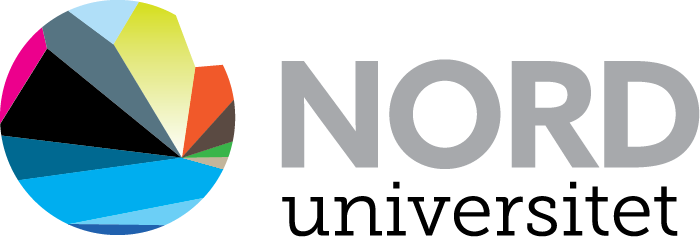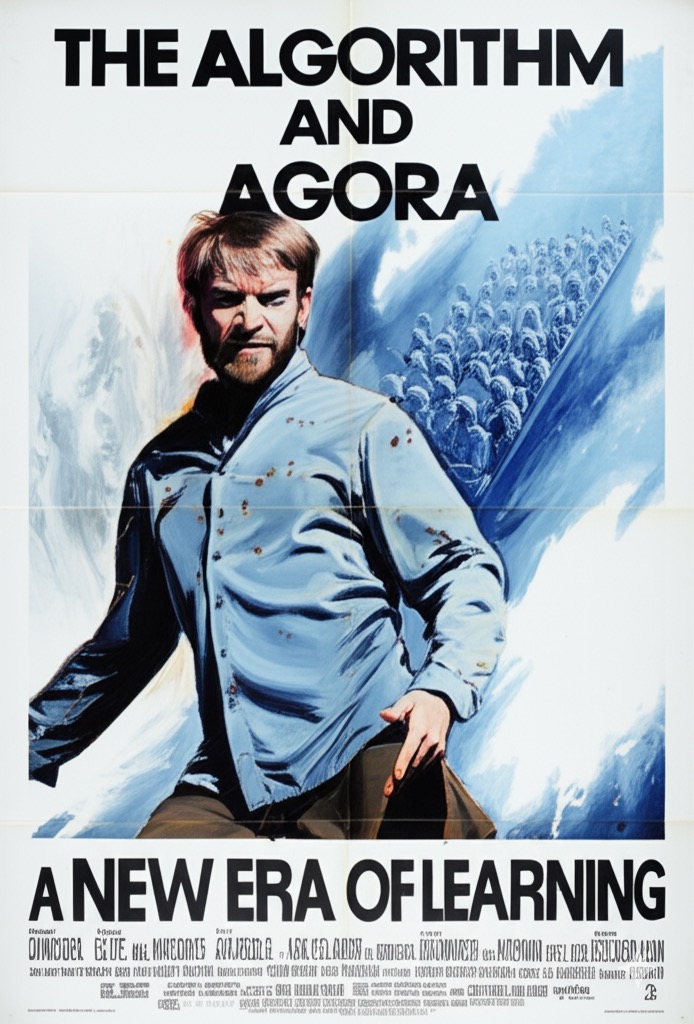
AI at Nord University: A Call to Action
Shaping the Future with Artificial Intelligence


Introduction
Kaspar Bredahl Rasmussen, Senior Advisor at PLUS
M.Sc. in IT, Learning, and Organizational Change
Since ChatGPT 3.5 (Nov 2022):
- Specialized in generative AI
- Extensive experimentation with generative AI prompts
- Course and workshop participation and facilitation on GAI
- Organized and facilitated AI Playgrounds (informal meetups for collaborative AI learning)
- Member of KIFU (Artificial Intelligence in Research and Education)
Live AI Demonstration: Multitasking
To illustrate AI capabilities in real-time, I'm initiating two tasks right now:
- Programming Task (using Claude 3.7 Sonnet): Transforming data from Studiebarometeret about Norwegian students' use of generative AI into an interactive webpage with alternative visualization formats.
Here is the original document: Studenters KI bruk.pdf
And here is the result: KI Bruk Studenter in english as a webpage
- Deep Research Task (using Gemini): Using this prompt:
Research Question:
"How can autonomous design research agents powered by generative AI transform academic research workflows and knowledge synthesis in interdisciplinary fields?"
Sub-questions to explore:
1. What are the current limitations in human-AI collaboration for design research?
2. How do different orchestration frameworks affect the efficiency of research agents?
3. What ethical considerations emerge when deploying autonomous research agents?
4. How can research agents complement human researchers rather than replace them?
Specific instructions for the research agent:
• Search for relevant papers on arxiv.org published in the last 3 years
• Focus on papers discussing AI agents, research automation, generative AI for design, and human-AI collaboration
• Identify methodological approaches being used in the field
• Synthesize findings into a structured report with clear recommendations
• Highlight gaps in current research that could be addressed in future work
Result (estimated time use 2-3 minuts): Gemini Deep Research about research agents

Nord University's Position
Intention from the policy about generative AI use at Nord University :
Nord University wants students to be proactive in utilizing the opportunities technology provides. While the opportunities are vast, the balance between utilizing and misusing tools with generative artificial intelligence can be demanding in learning processes.
How do we become a university where students are "proactive" in using AI, and how do we support our educators in this development?

AI: A Dual Challenge and Opportunity
Challenge:
- Risk of AI overuse, potentially weakening learning and academic integrity.
- Risk of AI undermining critical thinking, academic rigor, and tradition.
- Requires careful navigation and new skills.
Opportunity:
- AI as a tool to enhance quality and create new possibilities in research and teaching.
- Potential to augment human capabilities ("Co-Intelligence").
- Necessity to explore AI to remain relevant and competitive.
The pace of AI development is exponential, demanding proactive engagement, continuous learning, and strategic integration.

Contrasting Voices: Being Led vs. Being Liberated
"The text was seamless and grammatically perfect, but it lacked the touch of humanity that was inherently mine. My unique voice, my essence, my humanity seemed to have been brushed aside."
–Rodolfo Delgado CEO of Replay
"The sense of liberation was immediate. I finally found a way to say what I'd always wanted to say in writing. No longer did I feel like my internal monologue was stuck behind a wall of letters. It's as if someone handed me the key to a locked room in my mind."
– Brad Bazemore, dyslexic writer
The key difference: Are we being led by AI, or are we using AI as a tool for liberation and amplification?
AI Assessment Scale for Academic Work
transformed from being about assessment to be about academic work more broadly
| Level | Category | Faculty Application | Academic Example |
|---|---|---|---|
| 1 | NO AI | 🔬 CORE ACADEMIC PRACTICE: Maintaining traditional methodologies for critical research phases and core teaching activities. | Final dissertation defense where faculty evaluate a student's mastery of research methods and disciplinary knowledge without technological assistance. |
| 2 | AI PLANNING | 💡 AI-ENHANCED PREPARATION: Using AI for literature reviews, brainstorming research questions, and exploring methodologies. | Faculty using AI to identify research gaps in literature for grant applications, while independently developing research design and methodology. |
| 3 | AI COLLABORATION | 🤝 AI COLLABORATION: Partnering with AI throughout research and teaching processes with critical evaluation. | Using AI to generate initial drafts of lecture materials and assessment rubrics, then critically revising them to align with specific pedagogical approaches. |
| 4 | FULL AI | ⚙️ AI WORKFLOW INTEGRATION: Systematically incorporating AI across academic workflows. | Developing an AI-powered system that analyzes marine biology data and generates preliminary reports, allowing researchers to focus on higher-level interpretation and theoretical implications. |
| 5 | AI EXPLORATION | 🚀 ACADEMIC INNOVATION: Pioneering new methodologies and approaches that wouldn't be possible without AI. | Creating an AI-driven adaptive teaching environment that analyzes student performance in real-time and automatically adjusts course materials to address individual learning needs in nursing education. |
Faculty should strategically select the appropriate AI integration level for each academic task, considering disciplinary norms, learning objectives, and research integrity.
Adapted from: AI Assessment Scale by Leon Furze (2023) and Perkins, Furze, Jasper and MacVaugh (2024)
Nord 2030: An AI-Enhanced, Human-Empowered University
Five years from now, Nord isn't just using AI; it's thriving through human-AI synergy:
-
Dynamic Learning Ecosystems:
AI doesn't just personalize; it scaffolds complex learning, facilitates deeper collaboration (human-human and human-AI), provides nuanced feedback, and empowers educators to deliver more high-impact mentorship, fostering critical thinking alongside AI mastery.
-
Augmented Discovery & Creativity Hubs:
Researchers and students across all disciplines leverage AI not just for analysis, but as partners in hypothesis generation, creative exploration (e.g., AI in arts/design), and tackling complex regional challenges (climate adaptation, sustainable resource management).
-
Intelligent & Inclusive Community:
AI enhances accessibility, supports well-being proactively, and streamlines processes, but is always designed to foster belonging, amplify diverse voices, and strengthen human connection – technology serving community.
-
Centre for Critical AI Practice & Governance:
Nord is a leading voice and resource hub – regionally and beyond – for understanding AI's societal ripple effects, developing practical ethical frameworks, and training professionals adept at auditing, governing, and steering AI systems responsibly.
-
Global Innovator with a Northern Soul:
Recognized internationally for our distinctive, human-centric approach, demonstrating how to integrate AI thoughtfully within specific contexts (like the Arctic), contributing unique insights and solutions.
The Nord 2030 vision: Where technology amplifies our intellect, creativity, and capacity for positive impact, always keeping human values and agency at the core.

Shaping the Future with AI at Nord University
Our vision of an AI-enhanced, human-centric university is within reach, but it requires our collective commitment and active participation. The Academic Resource Group for Artificial Intelligence serves as a central hub for this collaboration.
Get Involved and Help Us:
- Continuously explore and experiment with AI technology thoughtfully.
- Share your experiences using AI in teaching, research, or administration.
- Participate in future seminars, workshops, and AI Playgrounds.
- Suggest areas where AI could create significant value or pose challenges.
- Contribute to discussions on ethical guidelines and best practices.
- Collaborate across disciplines and departments to build shared understanding.
- Ensure AI integration aligns with our core values and societal mission.
- Develop guidelines and practices for responsible AI use.
Contact: kaspar.b.rasmussen@nord.no